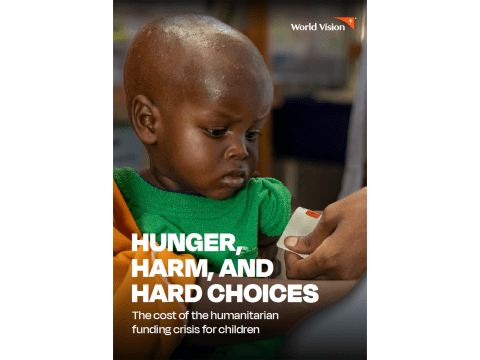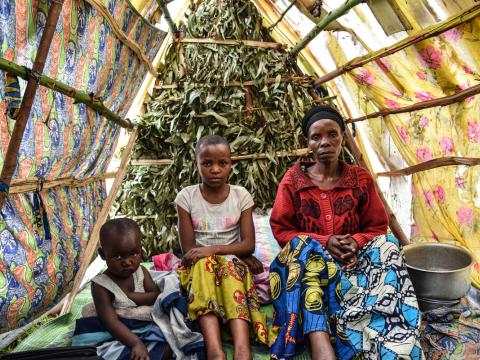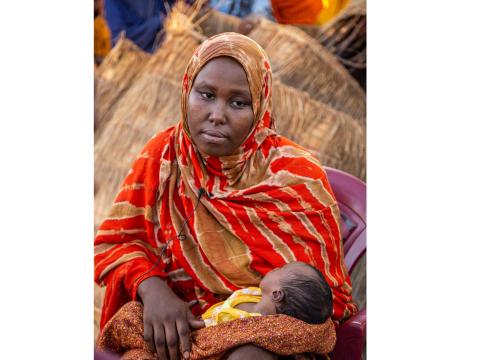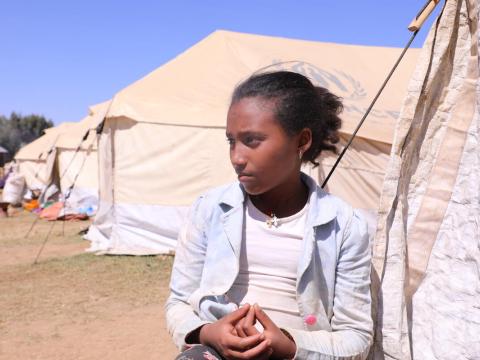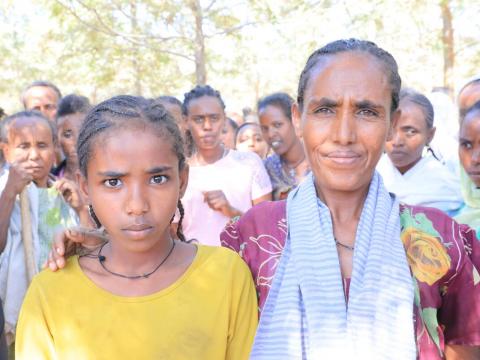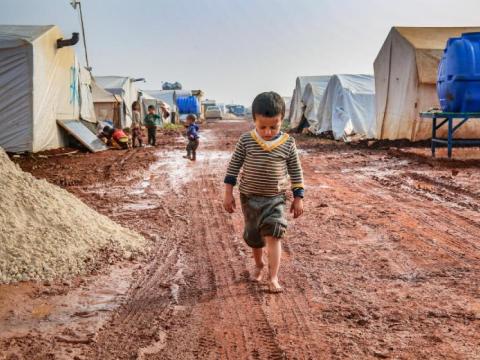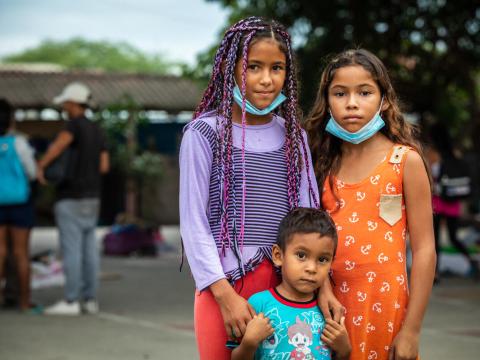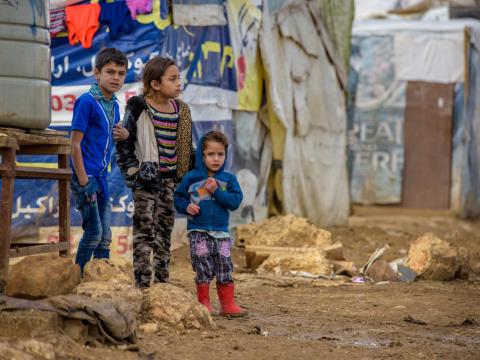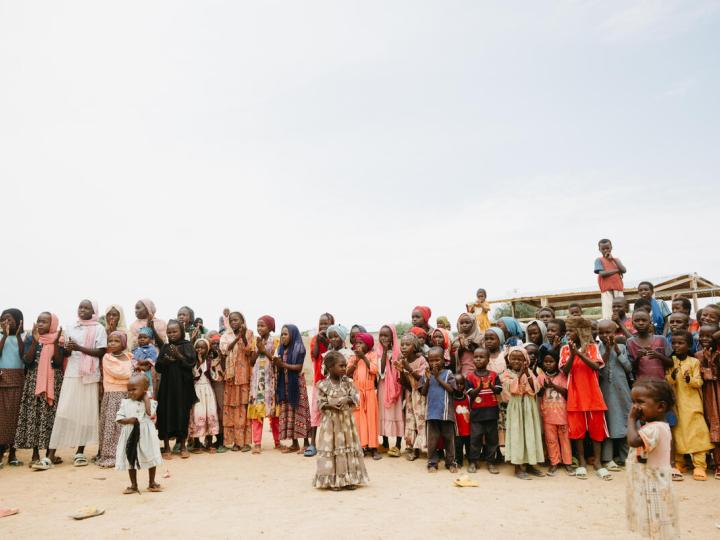
World Refugee Day
Donate NowHonouring the Displaced
Every year on June 20th, World Refugee Day shines a light on the millions of people forcibly displaced from their homes—refugees, asylum seekers, and internally displaced persons (IDPs). These individuals often face extreme hardship, including hunger and insecurity, yet their stories are too often overlooked.
This day is a call to remember their resilience and humanity, and to stand in solidarity with them.
a day in the life of ...
Stories That Inspire Action
Through the ENOUGH campaign, we aim to ignite empathy and understanding by sharing powerful, personal stories of refugees. These narratives break down barriers and remind us of our shared values—family, food, culture, and the universal desire for safety.
By amplifying these voices, we encourage advocacy and action that can lead to real change.
A Call for Dignity and Support
Refugees deserve more than survival—they deserve dignity, agency, and the right to thrive. As a Christian organisation, World Vision is committed to supporting displaced people in the most fragile contexts. With food ration cuts worsening hunger in over a dozen countries, it’s more urgent than ever to raise awareness and respond with compassion and justice.









